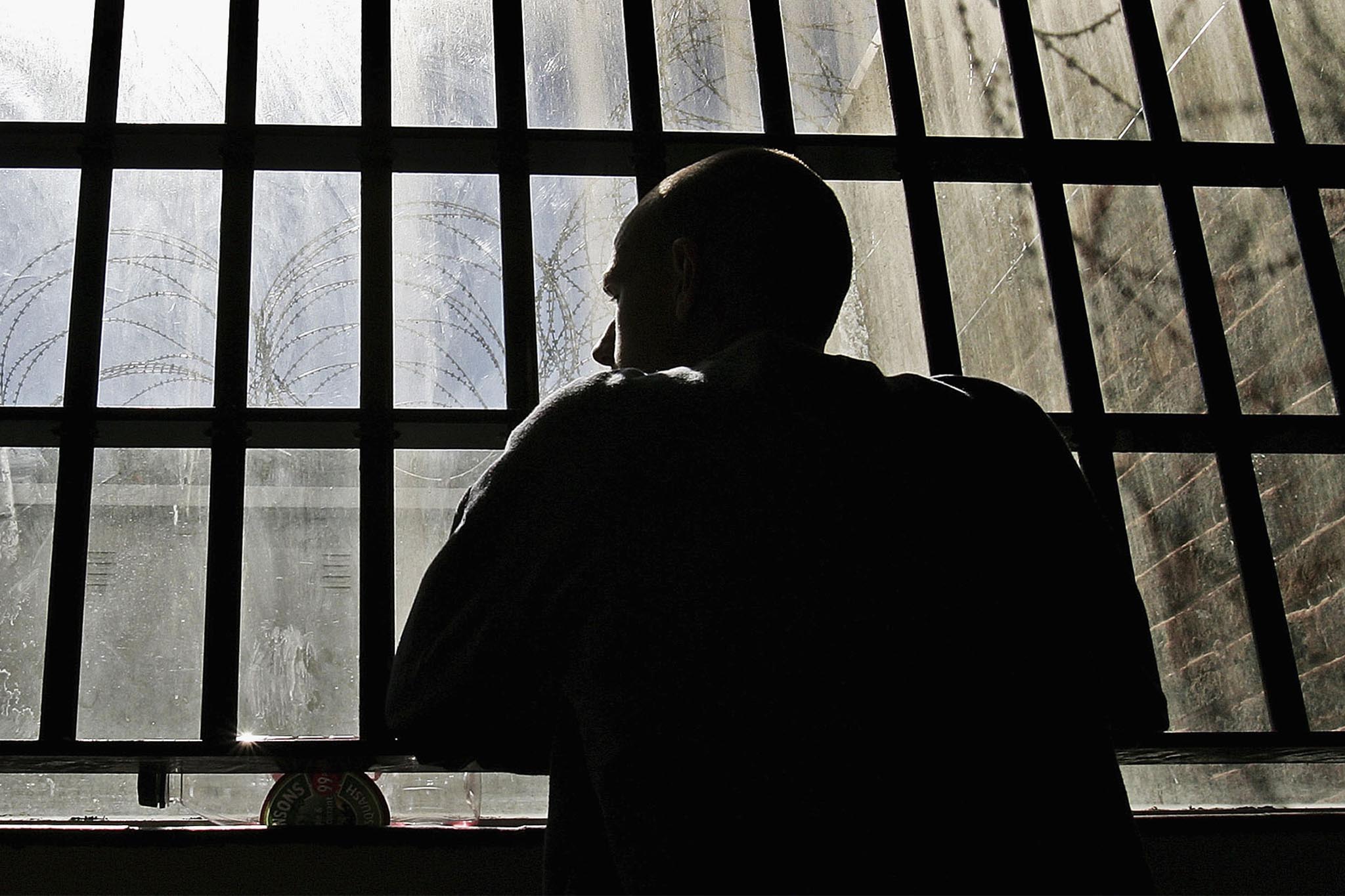Overzealous prison sentences are driving the justice system to the brink of collapse
The tough-on-crime approach is a costly policy failure that has overcrowded prisons and brought the justice system to its knees, writes leading rule of law and migration expert Andi Hoxhaj

For every 100,000 people in England and Wales, an average of 134 people are locked up. This is one of the highest rates in Western Europe. With more than 87,000 inmates as of February 2025, our prisons are 98 per cent full and the criminal justice system is on the brink of collapse.
If the current rate of arrests and convictions continues, some predict that prison estates will run out of space within weeks. Several parliamentary enquiries have been launched to find out what caused the overcrowding crisis and how it might be fixed.
Initial findings suggest that a “penal populism” approach from both Labour and Conservative governments in recent years has meant that people are receiving longer sentences for crimes. Between 2012 and 2023, the average sentence increased from 14.5 to 21.4 months.
A driving force behind this change is polls since the late 1980s showing that three-quarters of the British public judge criminal sentencing to be too lenient. In response, successive governments have focused policy on imprisonment and longer sentences, to show that they are tough on crime.
The overcrowding situation the current government is facing presents Keir Starmer and his home secretary, Yvette Cooper, with a once-in-a-generation opportunity to transform UK crime and punishment. In particular, Starmer, as the former head of public prosecutions, has the chance to change the public debate and challenge the tightly held view of imprisonment being the main response to offending.
Nearly half of the prisoners in England and Wales go on to commit another crime within one year of being released, and minorities are overrepresented among the accused in the UK. Failure to reform will lead to a long-term loss of trust in the criminal justice system.
My confidence in making this claim is informed by my country of origin, Albania, which has one of Europe’s highest incarceration rates per capita. At the beginning of this year, Albania had an estimated 166 prisoners per 100,000 people. What’s more troubling is that an astonishing 61.3 per cent of those imprisoned are pre-trial detainees who have not yet been sentenced. Unsurprisingly, the public has a low level of trust in the justice system – indeed, it has been seen as the most corrupt part of the Albanian state.
Locking people up without a full trial contravenes fundamental human rights that protect people from being wrongly convicted. In an effort to improve, Albania undertook a major reform in 2016, focused on vetting the entire justice system over the course of eight years, which encompassed 805 judges and prosecutors. It saw a staggering 60 per cent failure rate, including almost all constitutional and supreme court judges and senior district prosecutors. Their accumulated wealth included expensive beach villas, high-value cars and, in some cases, upscale residences in Western European cities, including London, all acquired through corruption.

Albania also established the Special Structure against Corruption and Organised Crime (SPAK), designed to fight corruption and organised crime at the highest level. So far, SPAK has charged high-ranking officials, including former presidents, prime ministers, ministers, attorneys general, and constitutional and Supreme Court judges.
As a result, Albania has somewhat improved public trust in the criminal justice system, but it hasn’t changed how trials proceed. People are still imprisoned before they have been convicted by the courts – drawing criticism from the Council of Europe and the UN Subcommittee on the Prevention of Torture for lengthy pre-trial detentions. Building a civil society that trusts its institutions is an arduous task and takes more than cleaning the judicial or parliamentary benches.
While the UK does not have corrupt magistrates like Albania, its overreliance on punishment by imprisonment is having a similarly negative impact on society at large. In England and Wales, a fifth of the total prison population are pre-trial detainees. Punishment is an important part of the criminal justice system.
But the idea that the only purpose of sentencing is to punish and that the only form of punishment that counts is prison must be challenged. The prison overcrowding crisis provides the Labour government with a political opportunity – and a recognition that gung-ho enthusiasm for longer sentences comes with a heavy price for taxpayers, citizens, and society.
Both my adopted country, the UK, and my country of origin, Albania, need a profound reset: a change of culture that avoids unnecessary criminalisation and considers alternatives to incarceration.
The previous Conservative government gave people considerable cause to doubt the strength of our civic systems, including a growing court backlog and prisons that are close to collapsing. What is clear is that penal populism is unsustainable, both in infrastructure and in public trust.
To fix this, we need to discuss ways to focus sentencing policy on reducing crime, preserving the rule of law, and avoiding unnecessary imprisonment. Trust and confidence in Britain’s system of government are already at a record low. If the Labour government does not reform the criminal justice system, people will lose faith in this too, and it could take a long time to rebuild that trust.
Dr Andi Hoxhaj is a lecturer in law and the director of the European Law LLM pathway programme at King’s College London






Join our commenting forum
Join thought-provoking conversations, follow other Independent readers and see their replies
Comments